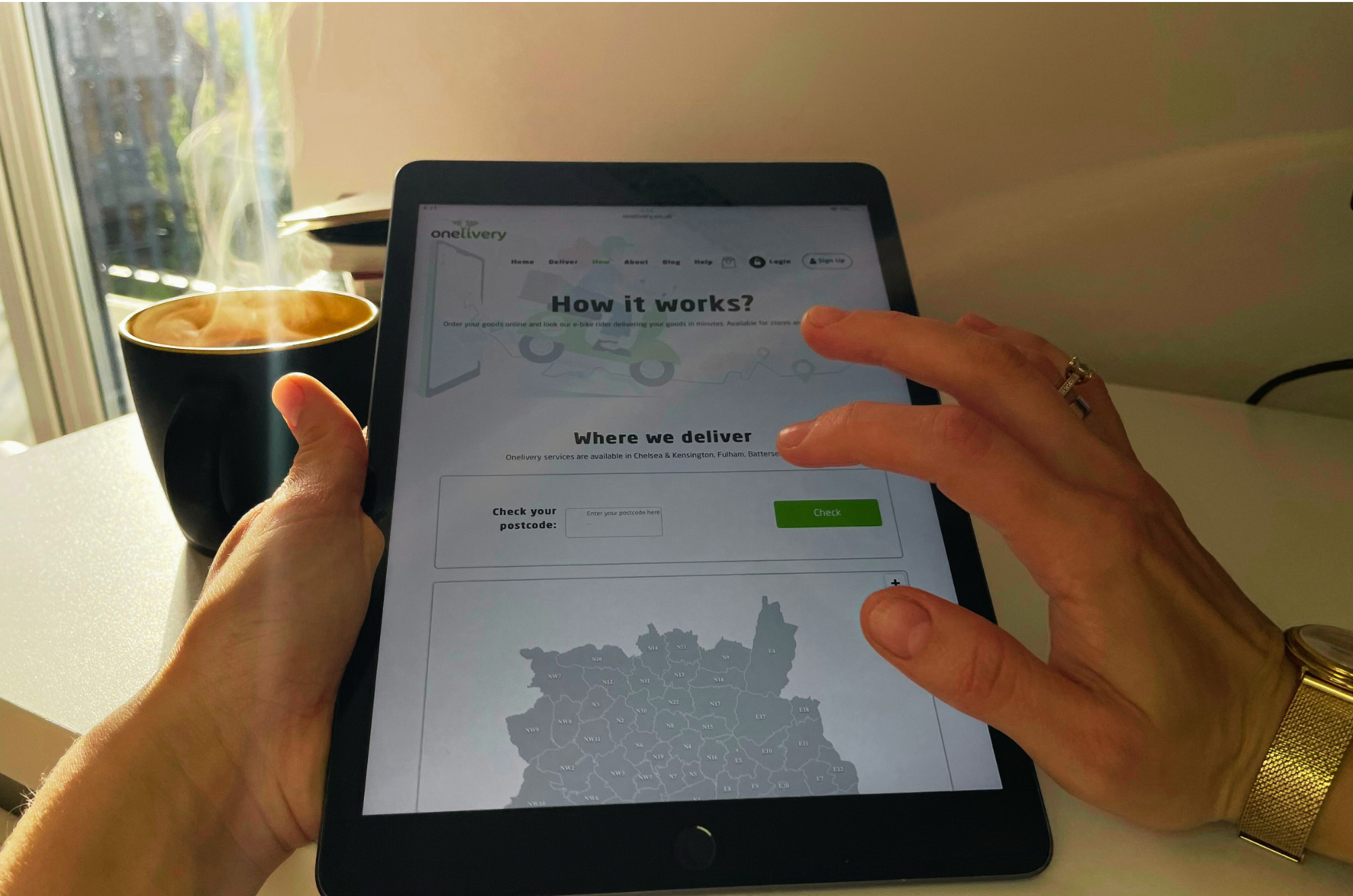The National Health Service (NHS) has set ambitious targets to achieve net zero carbon emissions by 2040 for emissions it directly controls and by 2045 for those it can influence.
A critical component in realising these goals is the transformation of last-mile delivery systems within healthcare logistics.
The Environmental Impact of Last-Mile Deliveries
Last-mile delivery—the final step of transporting medical supplies from distribution hubs to healthcare facilities—significantly contributes to the NHS's carbon footprint. Traditional delivery methods often rely on fossil fuel-powered vehicles, leading to increased greenhouse gas emissions and air pollution. Decarbonising this segment is essential for the NHS to meet its environmental commitments.
Innovative Solutions in Sustainable Delivery
To address this challenge, the NHS is exploring and implementing innovative delivery methods. One notable initiative involves the use of drones for transporting medical supplies. A recent project saw drones flying blood samples between Guy's and St Thomas' hospitals in London, reducing transport time from 30 minutes to just two minutes. This not only accelerates medical processes but also minimises carbon emissions associated with road transport.
Strategic Framework and Policy Support
The NHS's commitment to sustainable practises is further reinforced by the Health and Care Act 2022, which places duties on integrated care boards and NHS trusts to consider environmental targets in their decisions. Trusts are expected to develop and implement green plans by 31 July 2025, outlining strategies to reduce their carbon footprints, including reforms in delivery and transport operations.
The Role of Healthcare Logistics Providers
Achieving these net zero targets necessitates collaboration with healthcare logistics providers. Companies are encouraged to adopt sustainable practises, such as utilising electric vehicles, optimising delivery routes, and integrating digital solutions to enhance efficiency. Embracing these changes is not merely a regulatory requirement but also an opportunity to lead in environmental stewardship within the healthcare sector.
Sustainable last-mile delivery is pivotal in the NHS's journey towards net zero emissions. By adopting innovative technologies, enforcing supportive policies, and fostering partnerships with eco-conscious logistics providers, the NHS can significantly reduce its environmental impact. This transformation not only aligns with global sustainability efforts but also ensures a healthier environment for patients and communities alike.









